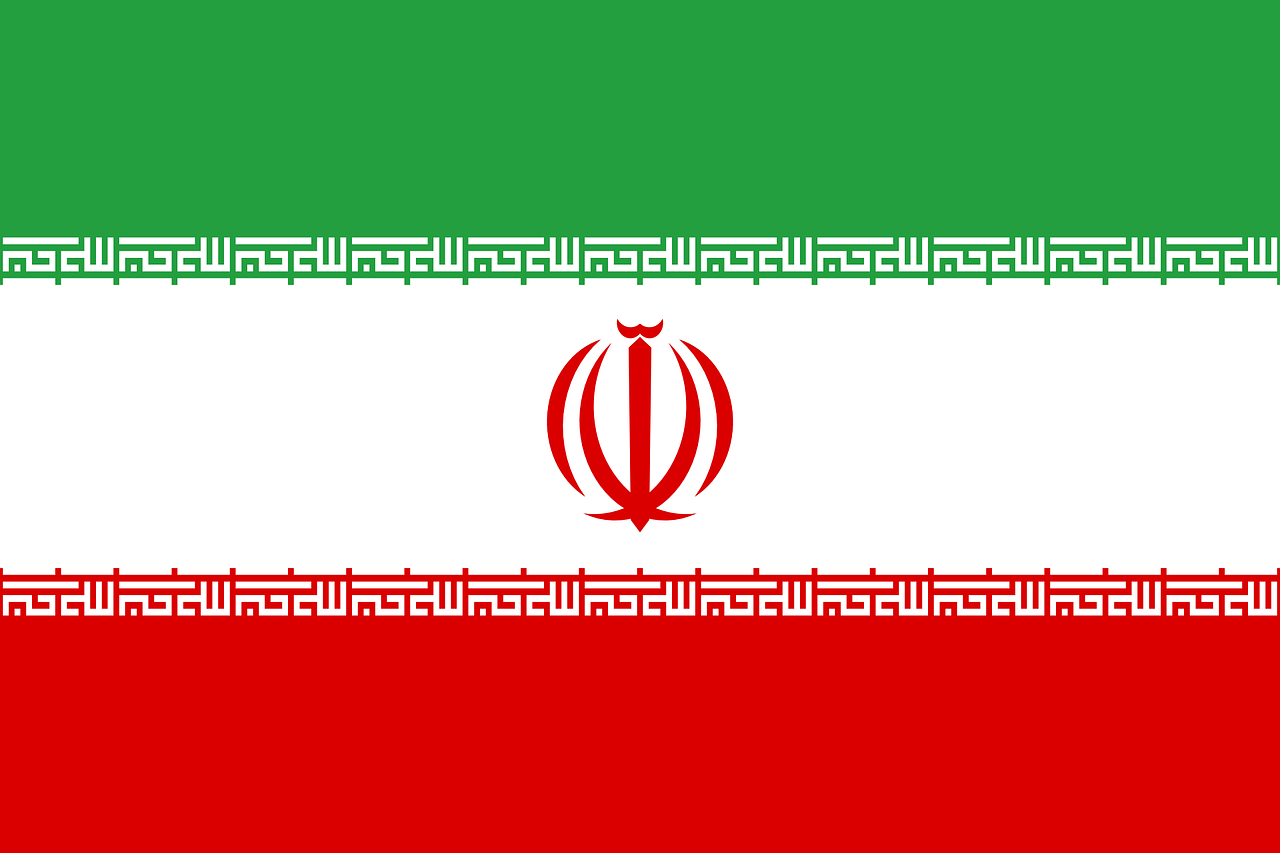
403
Sorry!!
Error! We're sorry, but the page you were looking for doesn't exist.
US confesses efforts at regime-alteration in Iran
(MENAFN) US Secretary of State Antony Blinken recently admitted that over the past two decades, the United States has unsuccessfully attempted regime change in Iran. Speaking at the Council on Foreign Relations in New York, Blinken was asked whether the US should continue pursuing regime change in Iran. He responded, acknowledging that efforts over the last 20 years have not been successful, drawing laughter from the audience.
Blinken explained that the failure to overthrow the Islamic Republic's leadership was due in part to the lack of diplomatic relations between the US and Iran since 1980, when President Jimmy Carter severed ties after the 1979 hostage crisis. He highlighted the complexity of Iran's internal politics and pointed out that the US has not been in the best position to understand or influence the situation due to the longstanding disengagement between the two countries.
While Blinken noted that opposition to the Islamic Republic exists, he emphasized that it is not a clear-cut issue, as there are significant conservative elements within Iran still loyal to the regime. He also acknowledged US attempts to influence Iranian society, recognizing that it is challenging to instigate change from outside the country. He explained that the US had tried to support internal Iranian forces advocating for change by empowering them with communication tools and resources.
Blinken also raised concerns about Iran’s nuclear ambitions, suggesting that Tehran may be seriously considering developing nuclear weapons. He added that the incoming administration of President Donald Trump would need to engage with Iran to prevent it from obtaining a nuclear bomb. Blinken referenced Trump’s decision to withdraw from the 2015 nuclear deal and his "maximum pressure campaign" during his first term. The Wall Street Journal reported last week that Trump's transition team is exploring options for targeting Iran, including a potential direct attack on its nuclear facilities.
Blinken explained that the failure to overthrow the Islamic Republic's leadership was due in part to the lack of diplomatic relations between the US and Iran since 1980, when President Jimmy Carter severed ties after the 1979 hostage crisis. He highlighted the complexity of Iran's internal politics and pointed out that the US has not been in the best position to understand or influence the situation due to the longstanding disengagement between the two countries.
While Blinken noted that opposition to the Islamic Republic exists, he emphasized that it is not a clear-cut issue, as there are significant conservative elements within Iran still loyal to the regime. He also acknowledged US attempts to influence Iranian society, recognizing that it is challenging to instigate change from outside the country. He explained that the US had tried to support internal Iranian forces advocating for change by empowering them with communication tools and resources.
Blinken also raised concerns about Iran’s nuclear ambitions, suggesting that Tehran may be seriously considering developing nuclear weapons. He added that the incoming administration of President Donald Trump would need to engage with Iran to prevent it from obtaining a nuclear bomb. Blinken referenced Trump’s decision to withdraw from the 2015 nuclear deal and his "maximum pressure campaign" during his first term. The Wall Street Journal reported last week that Trump's transition team is exploring options for targeting Iran, including a potential direct attack on its nuclear facilities.

Legal Disclaimer:
MENAFN provides the
information “as is” without warranty of any kind. We do not accept
any responsibility or liability for the accuracy, content, images,
videos, licenses, completeness, legality, or reliability of the information
contained in this article. If you have any complaints or copyright
issues related to this article, kindly contact the provider above.

















Comments
No comment